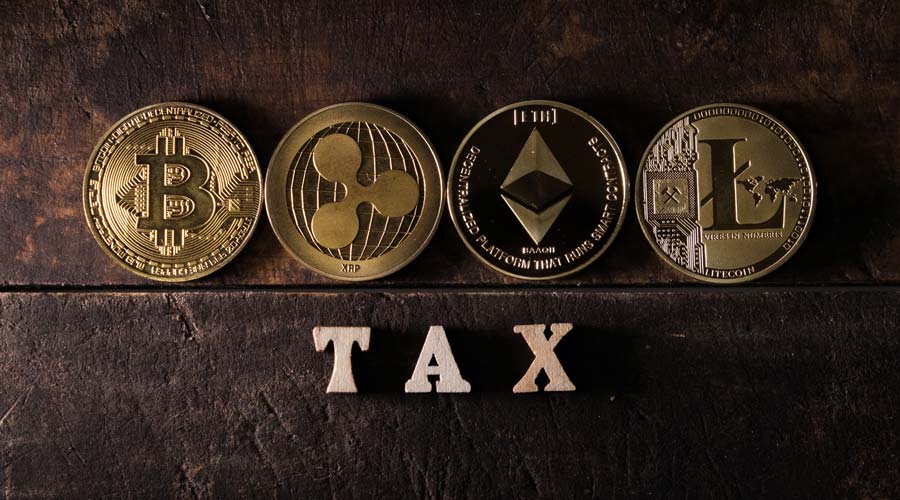At the outset, a very progressive and a futuristic budget. It highlights India’s focus on digital innovation and the promotion of blockchain technology. The budget will provide a boost to the economy and rekindle the hope in millions of crypto investors in India.
The announcement of Union Budget 2022 on the launch of Digital Rupee by the RBI as India’s first Centrally Backed Digital Currency (CBDC) in FY2022-23 has given legitimacy to the “virtual” digital assets.
The introduction of CBDC with the backbone of Blockchain will give us hold a powerful position in the global economy. It sends a clear signal of India being a digital-first, efficiency-driven, and transparency-led system.
A clarity on taxation of crypto was a long pending demand of crypto industry. The taxation of virtual digital assets is a positive step indeed. It provides the sector with much-needed clarity and confidence.
While taxation brings legitimacy to the industry, the tax quantum is something that is discouraging. The budget announced a crypto tax regime that will subject income from crypto-related transactions to a tax rate of 30 per cent, on a par with that imposed on gains from speculative activities like lottery, gambling and other gaming activities. Crypto is an asset class and an investment product. The proposed 30 per cent might act as a dampener for greater adoption.
Moreover, while profits from crypto trading will be subjected to a 30 per cent income tax rate, losses will not be allowed to be set-off against other losses or be carried forward. Carrying forward of losses reduces the tax burden on the assesses. While the government has allowed carrying forward of losses in the shares trading business, Crypto trading should have been given the same treatment.
A lot of clarity is required on intent of Section 194S, applicability and accountability of various stakeholders herein. Will this section replace 194O for Crypto businesses? How will TDS apply and be deducted in case of crypto-to-crypto trade is what requires further clarity.
Meanwhile, the government is beginning to recognise crypto as an emerging asset class and laying strong foundations of the adoption process.
We must remember this is just the beginning of the larger process of adoption, multiple discussions are needed to come up with better systems or processes.
I congratulate the government and am truly optimistic that the necessary steps will be taken to empower India in developing a digital-led economy.
Sumit Gupta is co-founder and CEO of CoinDCX










